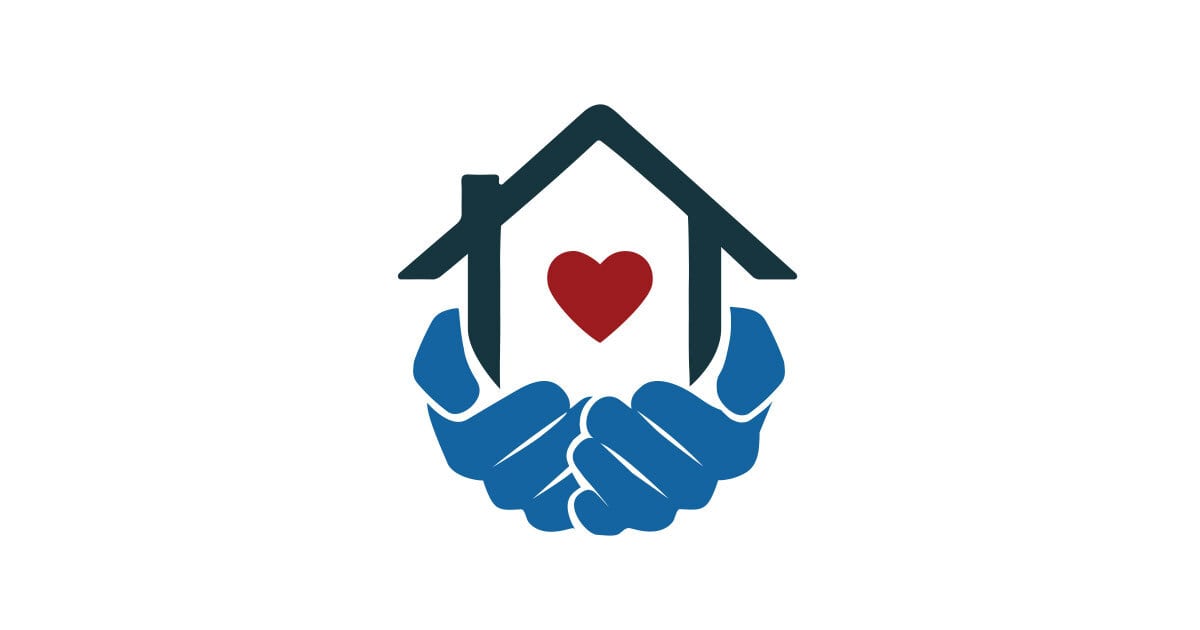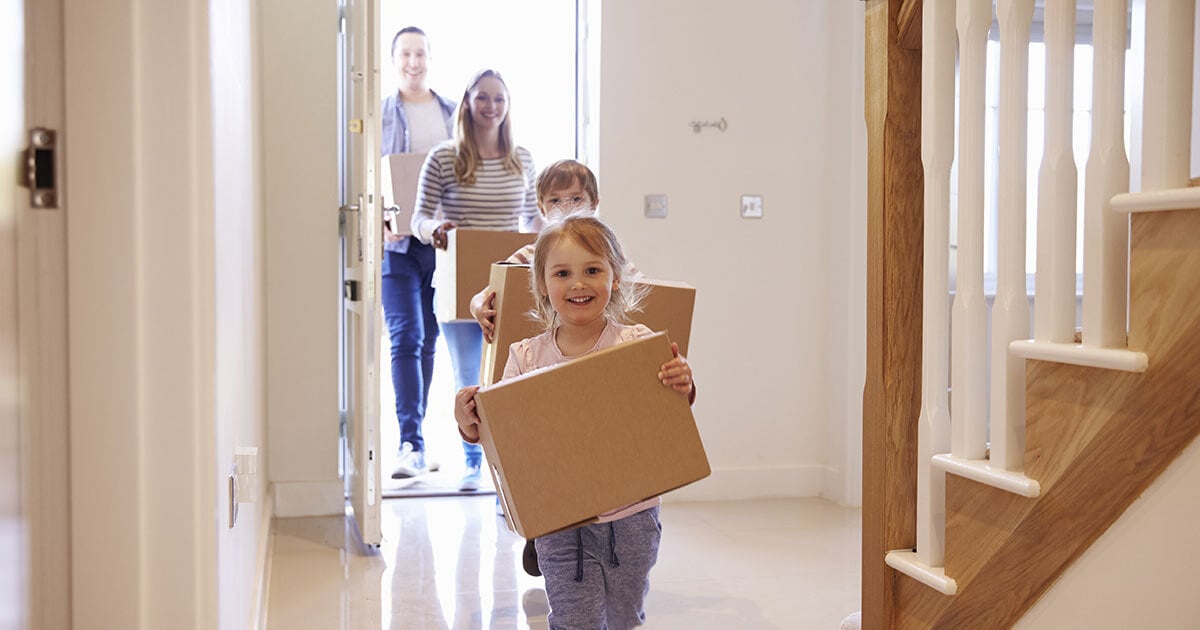Introduction
Trying to figure out how to get help with your rent in the United States can take time and effort. It doesn’t matter if you’re raising kids alone, going to college, or just in a tight spot with money right now – knowing what help you can get is super important. This article is here to make things easier to understand. We’ll discuss different ways to get help with your rent so you don’t have to worry about where you’ll live.
STOP!
Do you need a financial reset? If you owe more than $10,000 here is a debt relief resource available to help you today.
Understanding Rental Assistance: The Basics
Let’s start with the basics of rental assistance. What is it? Simply put, it helps people who find it challenging to pay their rent. This could be because they need to make more money, lose their job, or face other troubles. There are different ways to get this help. Some are programs the government pays for, and others are from charities that give a helping hand when you need it.
Federal Assistance Programs
When it comes to help with paying rent, the U.S. federal government has some extensive programs. Think of them as helping hands for people who need it. Let’s talk about two major ones:
Section 8 Housing Choice Voucher Program: Imagine getting a special monthly coupon that pays part of your rent. That’s what this program does. It’s mainly for people who don’t make much money, older adults, and those with disabilities. The U.S. Department of Housing and Urban Development runs this program, or HUD. They give you a voucher covering a large chunk of your rent. You still pay some, but it’s a lot less. Want to know if you can get this help? Check out HUD’s website for who can apply and how
Emergency Rental Assistance Program (ERAP): When COVID-19 hit, many people had difficulty paying rent. That’s why ERAP was started. It’s like a relief fund for rent and utility bills for those struck by the pandemic. The details about who can get this help and how much they can get might have changed since it started. So, the best bet is to talk to local housing agencies. They’ll have the most current info and can guide you on what to do next
Both programs ensure people have a safe place to live without worrying about the cost. If you’re struggling with rent, they could be beneficial.
Local Assistance Programs

Besides what the U.S. government offers, your state or city might have exceptional help for people who need assistance with their rent. These programs are like a helping hand right in your neighborhood. Here’s a little more about what they do:
Think Local: Like each state has its favorite foods or sports teams, they also have ways to help folks with rent. For example, California and New York have their programs, but many others exist.
Housing Is Key
In California, there’s a program called “Housing Is Key.” It’s designed to help people having trouble paying their rent because of the COVID-19 pandemic. This program is for more than just renters; it also allows landlords who aren’t getting rent because their tenants are in a tough spot.
Who It’s For: This program is a two-way street. It’s not just for renters who can’t pay their rent. It also supports landlords who are missing out on rent because their tenants face financial difficulties due to COVID-19.
What It Does: The program provides financial help directly to the landlords to cover the rent that’s not being paid. This way, renters can stay in their homes without the stress of unpaid rent hanging over their heads, and landlords won’t lose their income.
How It Helps Renters: If you’re a renter in California and the pandemic has made it challenging to pay rent, this program can cover some or even all of your unpaid rent. This can include the rent you owe from the past and can also help with future rent in some cases.
How It Helps Landlords: This program is a safety net for landlords. The program pays the landlords directly if their tenants can’t pay rent due to pandemic-related financial issues. This helps maintain their rental business and ensures they can continue providing housing.
Important Details:
Eligibility: Both renters and landlords need to meet specific requirements. For renters, these might include proof of financial hardship due to COVID-19. Landlords will need to show that their tenants are unable to pay rent.
Application Process: To get this help, apply through the program’s website. The process involves filling out forms and providing documents like proof of income and rental agreements.
Coverage: The program might cover 100% of unpaid rent for eligible applicants, depending on the funds available and individual circumstances.
How to Apply: Visit the “Housing Is Key” website. Here, you’ll find all the information on how to apply, what documents you need, and more detailed guidelines about eligibility.
Emergency Rental Assistance Program” (ERAP)
Over in New York, they have something similar called the “Emergency Rental Assistance Program” (ERAP). It’s like the federal program, but it’s specifically for people living in New York. They have their own set of rules about who can get help and how.
Who It’s For: ERAP is there for people living in New York who have fallen behind on rent. It mainly focuses on those who have experienced financial hardship due to the COVID-19 pandemic. This could include losing a job, getting sick, or caring for family members.
What It Offers: The program doesn’t just cover unpaid rent; it can also help with unpaid utility bills. If you need to catch up on your electric, gas, or water bills, ERAP can help.
Eligibility Criteria: To qualify for ERAP, you must meet specific criteria. These include your income level, housing situation, and how the pandemic affected your finances. For example, you’ll need to show that you’re at risk of homelessness or housing instability if you don’t get help.
Application Process: Applying for ERAP involves filling out a form and providing some documents. This might include proof of income, rental agreements, and bills showing how much you owe. New York State usually updates the application process on its website, so checking for the latest information is good.
How Payments Work: If you get approved for ERAP, the payments usually go directly to your landlord or utility company. This means you won’t have to worry about handling the money; the program pays the people you owe.
Where to Apply: The official New York State ERAP website is the best place to start. They have all the details on how to apply, what documents you’ll need, and more helpful information.
How to Find Out More: Since every state has its rules and programs, the best way to find out what’s available in your area is to check your state’s housing department website. You can also talk to local organizations that help people with housing. They’ll know all about the programs in your area and can guide you on how to apply.
Non-Governmental Help for Rent

It’s Not Just the Government That Can Help
Sometimes, government programs must fit your situation or be more complicated. That’s where non-profit groups and charities step in. They’re like helpful neighbors who are there to give you a hand when you’re in a tough spot with your rent.
Who Are These Helpers?
The Salvation Army: Consider them a quick-response team for when you’re in a bind with your rent. They’re there to stop you from losing your home. If you’re about to miss a rent payment and risk homelessness, The Salvation Army can sometimes provide emergency funds to keep you safe and housed.
Catholic Charities: These guys are like a Swiss Army knife for housing problems. They do many things, including helping with rent for a short time. If you’re struggling to pay this month’s rent, Catholic Charities might be able to help cover some of it or even find you a temporary place to stay if things are rough.
Why These Groups Rock
What’s great about these organizations is that they’re usually easier to talk to than the government. They might need fewer forms filled out, and they understand that everyone’s situation is unique. They’re all about helping as many people as possible, especially in tough times.
Planning for the Future
Getting help with rent is like putting a band-aid on a cut – it’s great for now, but you also need to make sure you’re taking care of things so you don’t get hurt. Think of it like this:
Make a Money Plan (Budgeting)
It’s like planning your grocery list so you don’t buy stuff you don’t need. Write down how much money you get each month and what you need to spend it on (like rent, food, bus tickets). This way, you can see if you have a little extra for something fun or need to be careful with your spending.
Talk to Money Experts (Financial Counseling)
Sometimes, talking to someone who knows much about money can help. These experts can give you tips on how to save money, pay off debts, or even make a little more money. It’s like asking for directions when you’re lost – they can help you find your way.
Learning to Stand on Your Own (Self-Sufficiency Programs)
There are programs out there that can teach you how to be more independent with your money. This might mean learning how to get a better-paying job or save money for a rainy day. It’s like learning to fish instead of just getting a fish – you’re set for life.
Conclusion

Rental help programs in the U.S. are like a safety net when walking on a tightrope – they’re there to catch you if you slip. Sure, figuring out these programs can be like solving a puzzle, but once you understand what to do and where to get help, things get much more accessible. And don’t forget, asking for help is a smart move, not a weak one. It’s like asking for directions when you’re lost – it’s the smart thing.





